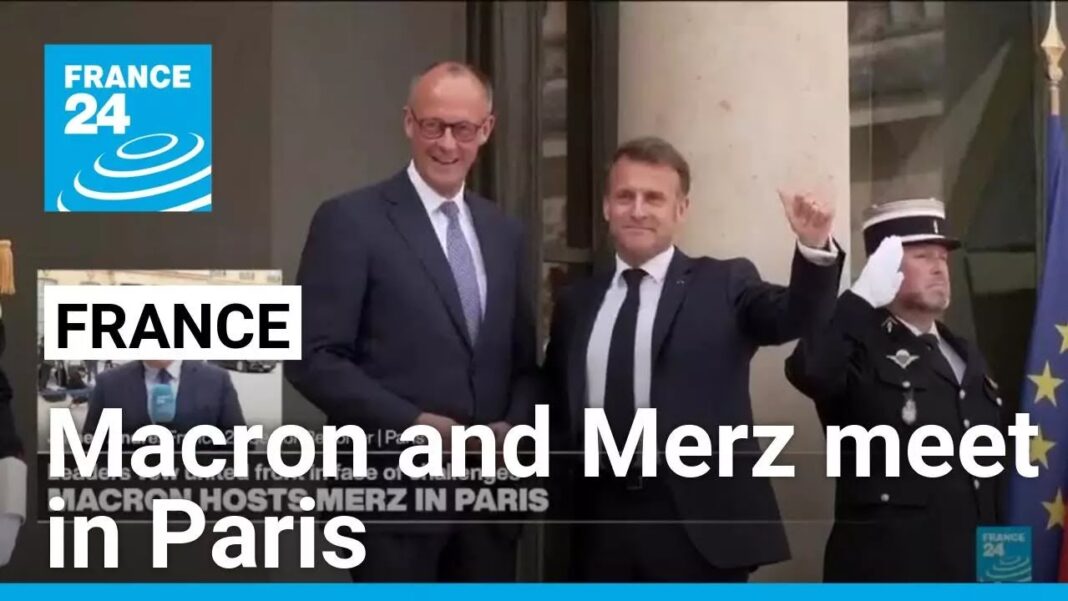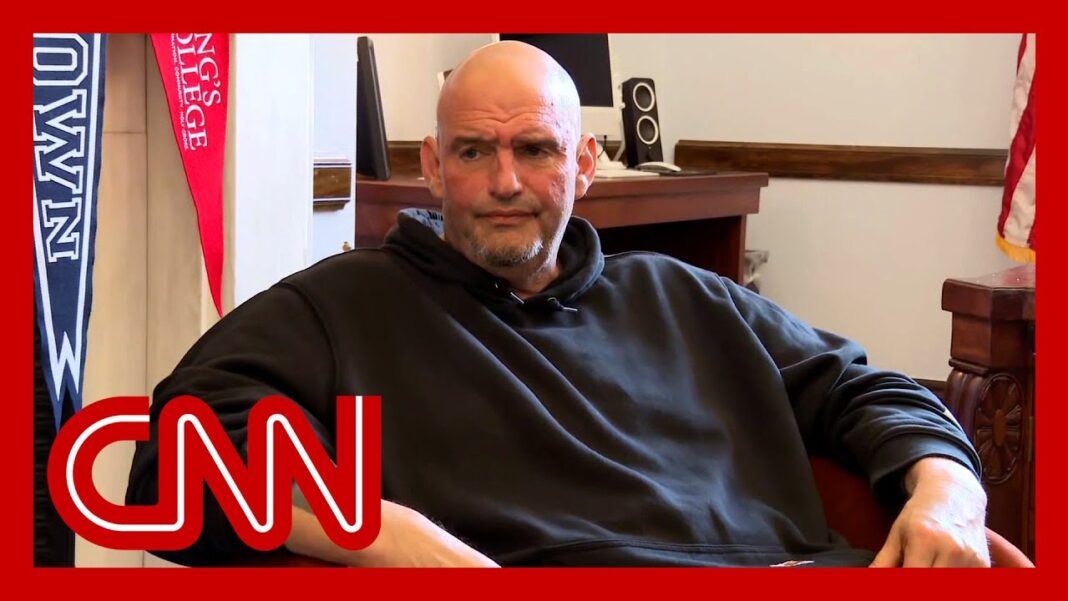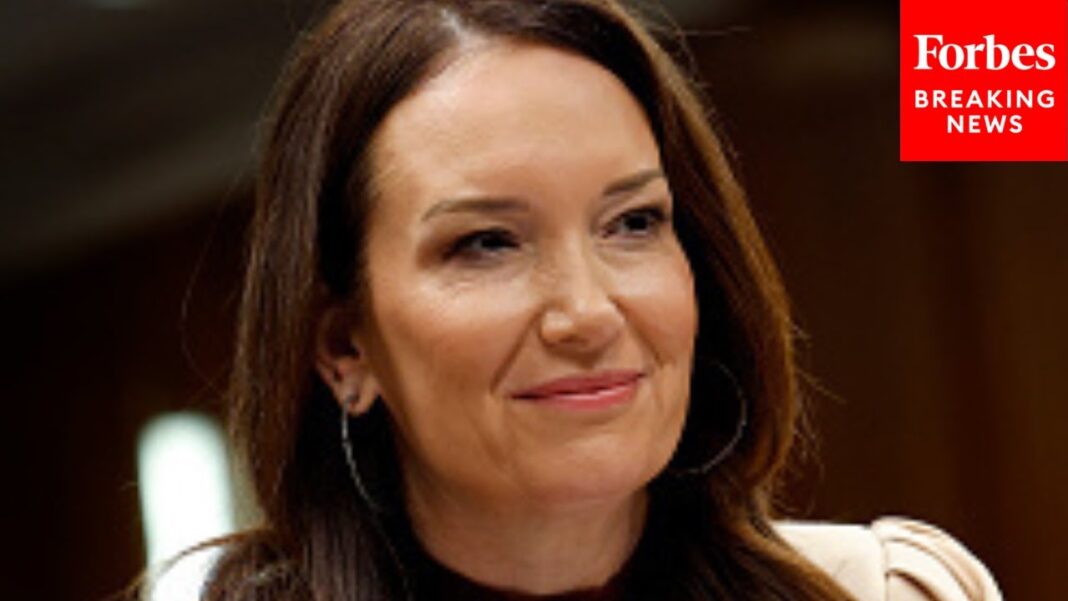The new partnership aims to boost military cooperation as the United States pushes Europe to shoulder more responsibility for its own defense.
French President Emmanuel Macron and new German Chancellor Friedrich Merz announced plans on May 7 to establish a Franco-German security council.
This signals a major step toward strengthening Europe’s defense posture amid persistent threats from Russia and a shifting global focus from the United States under President Donald Trump.
Unveiled during a press conference at the Élysée Palace in Paris—Merz’s first foreign visit since taking office a day earlier—the joint announcement signals a renewed commitment by Europe’s two largest powers to take greater responsibility for continental security.
The move comes as the war in Ukraine grinds on, and the Trump administration urges NATO allies to sharply increase defense spending while pivoting America’s strategic attention toward countering China in the Asia-Pacific.
“We will therefore accelerate the Franco-German program, developing new capabilities,“ Macron said. ”And beyond tanks, combat aircraft, and long-range missiles, we will establish a Franco-German defense and security council that will meet regularly to provide operational responses to our common strategic challenges.”
The council will serve as a formal mechanism for defense coordination between Paris and Berlin, including aligning procurement strategies, coordinating military planning, and shaping Europe’s broader response to security threats.
Macron also acknowledged the wider geopolitical context, noting that Europe is negotiating both a trade agreement with the United States and possible security guarantees for Ukraine should a cease-fire deal with Russia materialize.
“We have to completely rethink our fundamentals, to also rediscover an international dialogue that is both peaceful and good for European prosperity,” the French leader said. “Because today, with the tariffs, the policies that guide them, the United States is making decisions that are shaking up all of this.”
Merz echoed Macron’s call for European unity, saying deeper Franco-German cooperation was essential.
“We will only be able to meet these challenges if France and Germany stand even more closely together than in the past,” Merz said. “That is why Emmanuel Macron and I have agreed on a new Franco-German push for Europe.”
While expressing hope for a lasting cease-fire in Ukraine, Merz stopped short of offering concrete commitments for Kyiv’s long-term security.
“I’m really hoping that there will be a chance beyond the weekend to come to a cease-fire and then also to peace negotiations that could lead to a corresponding agreement,” Merz told reporters.
By Tom Ozimek








